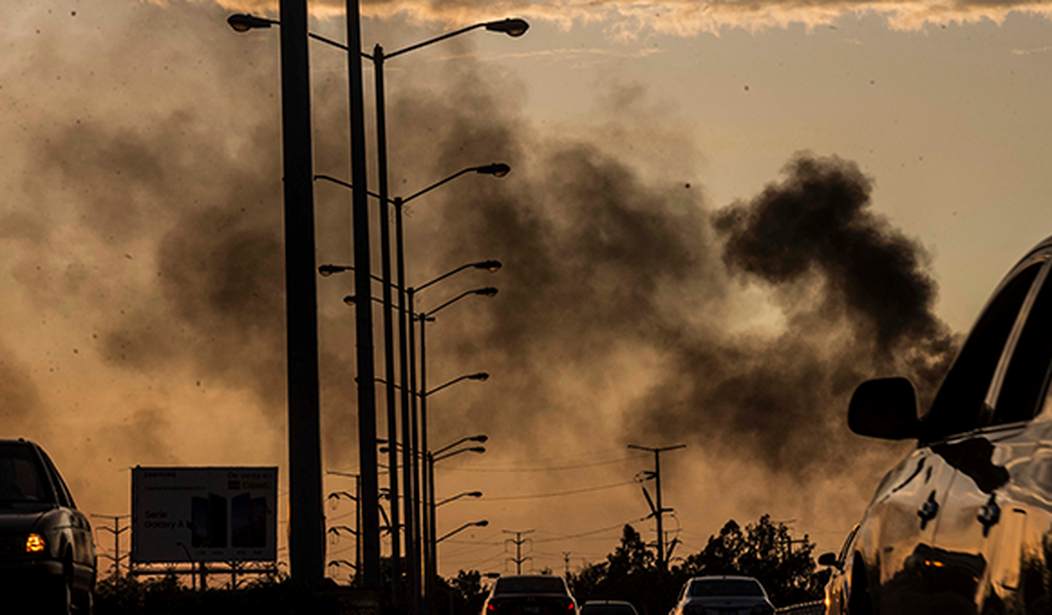Mexican political violence — normally at a high level — has gone up even more since February.
The June 6 contests will elect a new lower house of congress and “15 of 32 state governors, and thousands of mayors and local legislators across the country, more than 20,000 positions in all,” according to the Wall Street Journal. From February through April, political violence has gone up a staggering 44 percent compared to the election in 2018 with 46 candidates being murdered.
Since the beginning of the campaign last September, 60 politicians have been killed.
In addition to the dead, more than 60 candidates have been intimidated into dropping out. More than 150 politicians have asked the government for protection following death threats.
The reason for the uptick in political murders is that local gangs are looking to control smaller cities and towns by intimidating politicians.
In southern Guerrero state, the whole slate of candidates of one opposition party in a mountainous municipality quit the race after being threatened by a criminal group, party officials said. In the northern state of Tamaulipas, a candidate to the state legislature was killed in his home by unknown assailants.
Behind the rise in violence are the evolving dynamics of Mexico’s organized crime. In recent years, drug cartels have diversified into new criminal activities. Aside from trafficking drugs to the U.S., these gangs smuggle migrants, sell black-market gasoline, and extort legal businesses which range from avocado farms to taco stands. Once in control of local governments, the gangs also take a cut of tax money meant for public works, according to organizations that track and analyze crime trends.
It’s really a question of local business practices by smaller gangs that realize that the government of President Lopez Obrador isn’t aggressively going after the cartels, which have diversified into numerous other criminal activities besides drugs and human trafficking. This has left a power vacuum that smaller gangs are moving in to claim.
As more of their income comes from activities such as extortion, these groups’ success depends on their ability to control territory. That means controlling, through threats and bribery, the local mayor, police chief, and other top officials. Those who don’t cooperate are often killed.
“You have more and smaller groups that diversified into other crimes and want to have control of the local markets,” said Falko Ernst, a security analyst with the nonprofit International Crisis Group. “That hypercompetition has put government officials and candidates in greater danger.”
The “rule of law” doesn’t mean anything when the government has given up trying to protect it. When political power is in the hands of armed, violent criminal gangs, there isn’t much chance for civil society to take root.
Mexico is for all intents and purposes a failed state. And there is real danger that as things get worse — and they almost certainly will — more and more Mexican people will vote with their feet and head north to find respite from the violence.










Join the conversation as a VIP Member